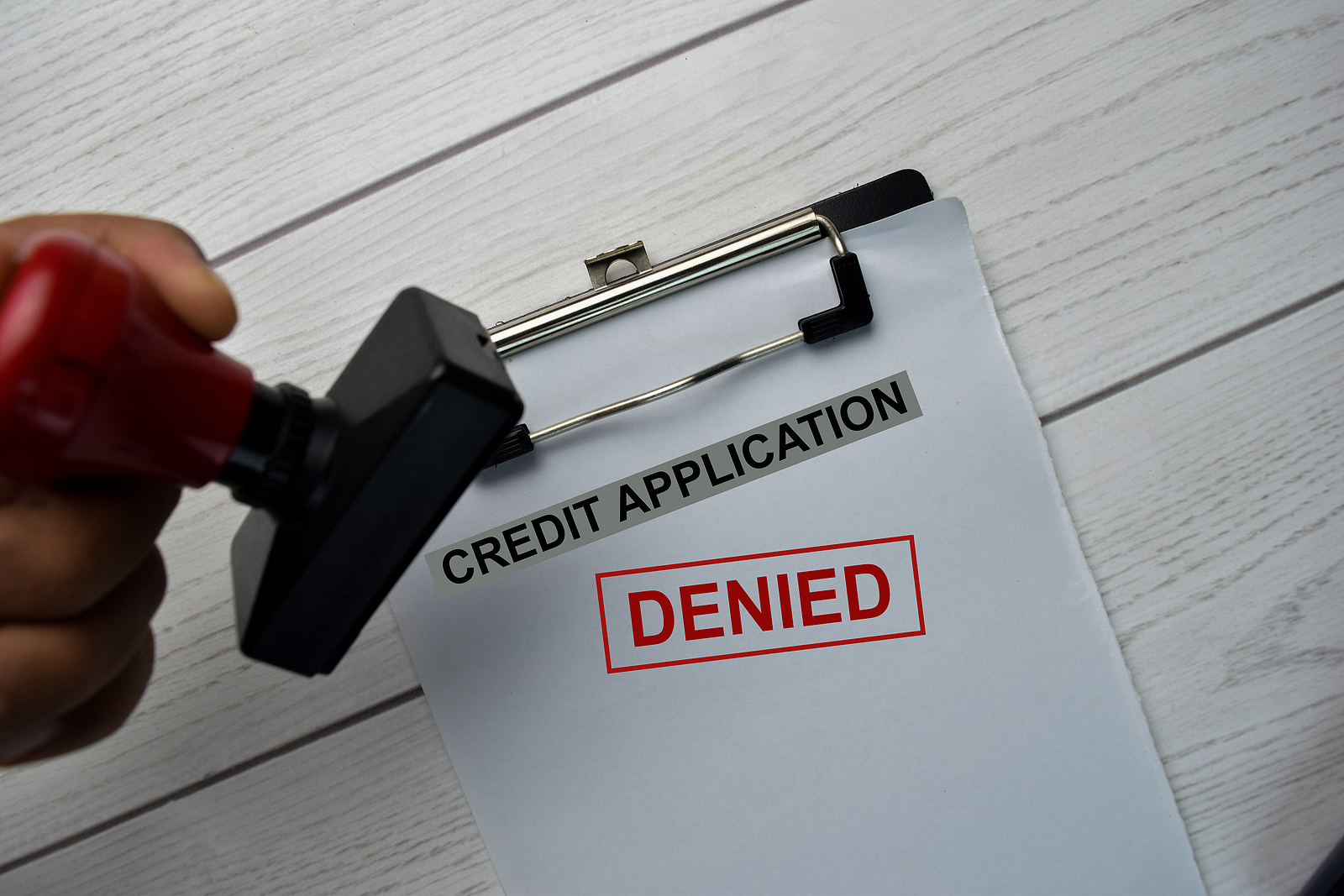One in 16. That’s the mortgage application denial rate here in the U.S., according to Consumer Reports’ Lisa L. Gill, citing Urban Institute’s data.
“And a too-low credit score is among the top reasons folks can’t get a mortgage, according to HSH.com,” Gill says. Other common reasons for denial include a too-high debt-to-income ratio and spotty or fluctuating income.
You’ll learn the reason from the lender (you must request it, however), but that doesn’t make anyone feel better. Thankfully, there are ways to fix the situation.

Let’s take a deeper dive into the most common reasons for rejection
You’ve no doubt heard about those two ratios that lenders use to determine if you can make a mortgage payment every month: the debt-to-income ratio and the loan-to-value ratio.
These two calculations will play a big part in whether you are accepted or denied for a loan.
- The debt-to-income ratio, or DTI for short, is obtained by dividing your gross monthly income by the total amount of your monthly debt payments.
The higher this ratio is, the more likely you are to default, according to lenders. Do the calculations on yours. If it is higher than 40%, this could be the reason you were denied a mortgage.
- The loan-to-value ratio, or LTV, is just what it sounds like: the appraised value of the property compared to the amount of money you’re asking to borrow. Again, the lower the ratio, the better.
- Troublesome credit score. The main thing the lender wants to determine is the risk it will be taking by lending you money. A low credit score, showing failure to pay bills on time, default on other loans and other factors will make the lender less confident in lending to you.
These are just the most common reasons a mortgage may be denied and there are others.

What you should do if your mortgage application is denied
While it may seem as if your dreams are dashed when your mortgage is denied, there is still hope. Take the following steps:
- Don’t wait for the denial letter because by then it’s too late to attempt to overturn it. Call your mortgage broker or officer to determine why it was denied.
- While you’re on the phone with the lender, ask for copies of all of the application’s accompanying paperwork.
- Use this paperwork to shop among additional lenders, especially those who offer manual underwriting. This option gives the lender the opportunity to “… approve loans other lenders can’t. Provide all of your paperwork and be honest with the lender about the reason for your denial, if you disagree with it,” suggests Denny Ceizyk ENNY at lendingtree.com.
- Ceizyk goes on to say that sometimes a loan will be denied because the underwriter has insufficient information to approve it. “A well-written letter of explanation may clarify gaps in employment, explain a debt that’s paid by someone else or help the underwriter understand a large cash deposit in your account. Provide as much detail as possible to prove you have the ability to repay your loan,” he concludes.
- If all else fails, consider pursuing a different loan product. Depending on the reason for denial, you may want to consider a FHA-backed loan that offers mortgages to those with less-than stellar credit histories and low-down payments.
While mortgage denial doesn’t mean it’s the end of the road when it comes to buying a home, fixing what needs to be fixed and getting preapproved quickly will enable you to jump into the market at just the right time.



